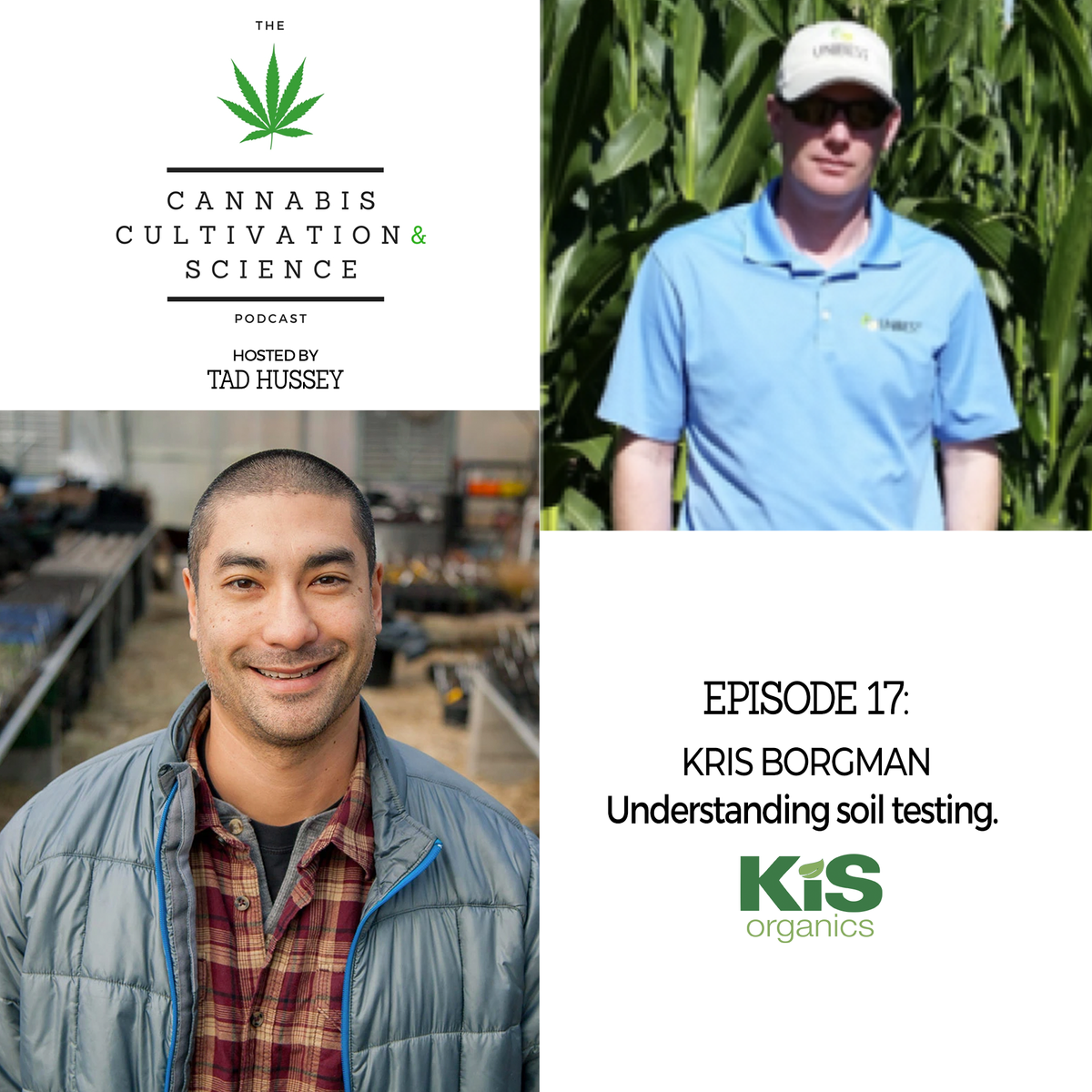I was hoping for something containing experimental data, as it applies to soilless culture.Perhaps not, but I think he's right on this one. There have been literally hundreds of peer reviewed research papers published in recent decades that document the negative effects of phosphorus on the uptake of many micronutrients, as well as how manures and even excessive plant biomass (including compost) contributions can cause that excess. Here's just one example (full paper): https://www.ncbi.nlm.nih.gov/pmc/articles/PMC3355622/
There's certainly some truth inherent in the example provided, but it lacks context. And I certainly don't see excessive amounts of P reported in the test he provided. Not if you're looking at the ppm's, anyways. I have a lot of concerns as to accuracy of the values provided when used to test soilless mixes high in SOM content. Additionally, that test combines CEC and solution data into one value, which I think makes it more difficult to use as a tool for properly diagnosing soil nutrient "issues". Says it right here at about ~23:00...

Episode 17: Understanding Soil Testing with Kris Borgman
Our guest this week is Kris Borgman. Kris earned a Bachelors of Science in Crop and Soil Science from Washington State University and has 19 years’ experience in agronomy, field management, sustainable programs surrounding agricultural, turf and natural environments. He is the currently the...
What was inherently missing in the copy/paste example provided is the fact that P precipitation reactions with the trace elements Fe, Cu, Mn, and Zn are solution pH dependent. Those trace elements also tend to bind strongly to the soil's CEC, something having to do with ionic radius and valence. I would propose that those testing their soils and finding certain trace elements missing/insufficient in the soil solution start paying more attention to pH. High(er) pH's lock out those elements through precipitation, and the high pH keeps those bound to the CEC and unavailable for plant absorption, as the soil solution is carrying insufficient levels of H+ to push those elements held by the CEC back into the soil solution where they're plant available. The aforementioned trace elements are more soluble and plant available at pH ranges ~6, "organic" soilless mixes or otherwise. pH controls nutrient solubility in the soil solution. Looking at the following example, it's important to recognize that we don't water with fertilizer solutions, so I don't believe the wider pH ranges mentioned apply to the soil mixes that we build.
Just my 2c....
Last edited:
